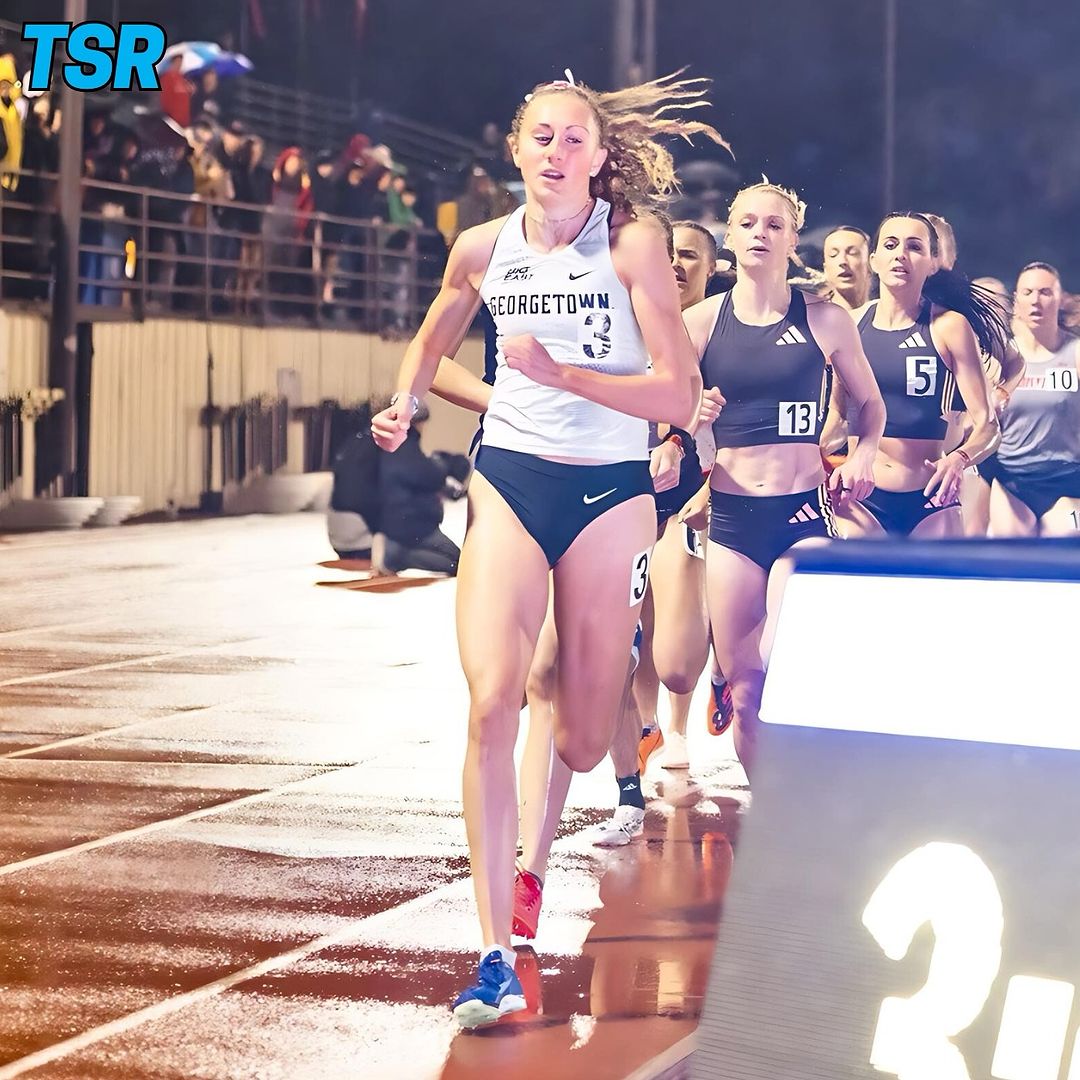I was recently watching “Suits,” a legal drama on USA, and one character repeated advice she received from her father. The advice was, “Don’t sign anything unless you can get something in return.”
After the episode, I flipped to ESPN to catch Texas A&M play at Mississippi. A frequent topic of discussion surrounding Texas A&M during telecasts is Johnny Manziel’s half-game suspension in the first game of this season. This suspension resulted after he received financial compensation for signing sports memorabilia.
The NCAA rulebook has 17 pages of rules dedicated solely to the topic of amateurism. This basically amounts to forbidding players from receiving payment based on their on-field success. In the meantime, the NCAA holds the rights to profit from almost everything they do. So, in a way, the NCAA’s advice to Manziel would be, “Sign things to make fans happy, but take nothing in return.”
Proponents of NCAA amateurism offer valid arguments: Players receive financial compensation in the form of scholarships, exposure to the national spotlight could raise their stock for a professional career and collegiate scholar-athletes should play simply for the love of sport and not money and fame. But times are changing, and it is clear that the NCAA’s policies surrounding amateurism, and further, the mindset of its proponents, are stuck in a bygone era.
For one, scholarships in college sports are a scare resource. In FBS college football, for example, 85 players are allowed to receive scholarship money per team, but a team has a roster limit of 120 members. For 45 equally deserving players, this means that they are simply out of luck.
Next, exposure to the national spotlight is a perk that is shrinking. Injuries are prevalent, and they are occurring at a more frequent rate with advanced testing and screening policies. A rule change in college football now states that if a player is flagged for targeting a defenseless player above the shoulders, whether intentionally or not, he is immediately ejected from the game. This would forfeit what could equal one-thirteenth of the year’s game exposure, and label him as a dirty player. And while taking players off the field for these reasons is obviously correct, the fact remains that the brand they build for themselves from on-field performance inevitably takes a hit.
And finally, while being privileged enough to be an NCAA athlete has its merits, it certainly has its downfalls as well.
A friend of mine was a third string placekicker for an underachieving SEC football program. The perks were good at first: free gear, access to team resources and the social aspect of being a football player in the South.
But for him, playing in the South quickly turned south when he realized the full scope of his commitment. After five-hour daily practices, time in the film room, workouts, game days, team meetings and more, he was quickly logging more time on football than most people on their full-time jobs — all while attempting to manage his classes. This took a toll on the rest of his life, as sleep, leisure time and even schoolwork took a back seat.
While the grandiose visions of being a scholar-athlete still lingers in many minds, the fact is that the nature of collegiate sports has changed as a result of national media coverage, money from television contracts, merchandise sales and bowl payments. Universities are making money off their players. The NCAA is making money off its players. Players, though, can’t even make money off themselves.
Even if they want a job separate from sports, which is difficult in its own right because of time constraints, the NCAA has strict regulations. The NCAA rulebook states regarding compensation for work that “compensation may be paid to a student athlete at a rate commensurate at the going rate in that locality for similar services,” and that “such compensation may not include any remuneration for the value or utility that the student-athlete may have for the employer because of the publicity, reputation, fame or personal following that he or she has obtained because of athletics ability.”
Players can have a job. They can earn the going wage in that job. But how can a player with that much fame and notoriety possibly not get paid as a result of it? Moreover, how is a player with an NCAA football schedule in addition to school work going to have enough time to make money? It is likely that they won’t, and this is a major contributing factor to players accepting illegal benefits and having off-field problems.
College is a time to transition to adulthood. Put the ball back in the athletes’ hands and let them gain from personal branding. Give them the opportunity to experience the business side of sport before it becomes a career. Compensate them with wages for the immense time they put into earning money for their university and the NCAA. Until then, players will continue to skirt the rules, and fans wanting to see players like Johnny Football will be the ones who truly lose.
Matt Castaldo is a junior in the College. FULL CONTACT appears every Tuesday.














